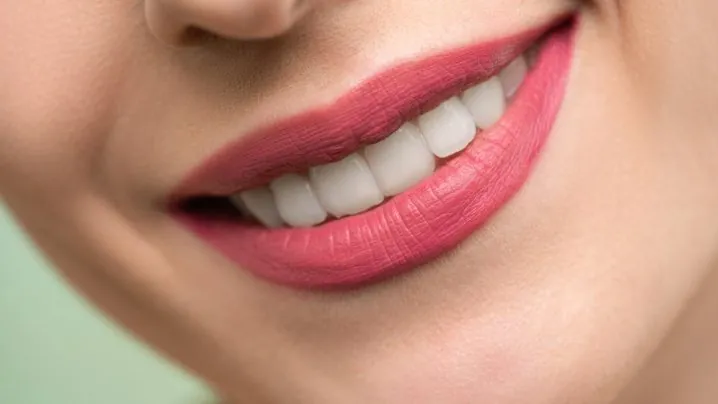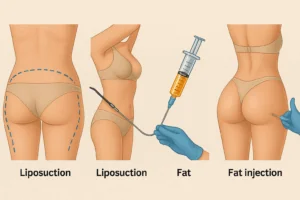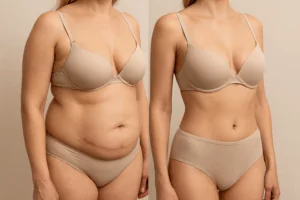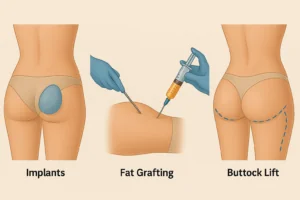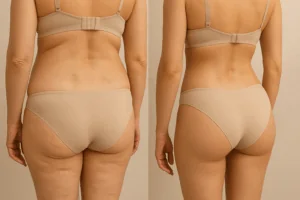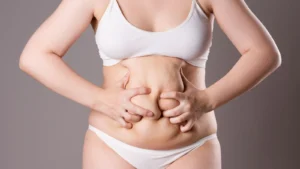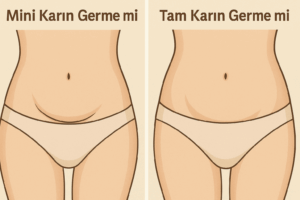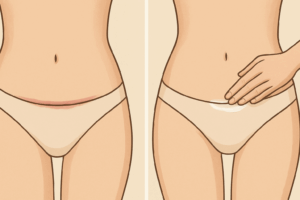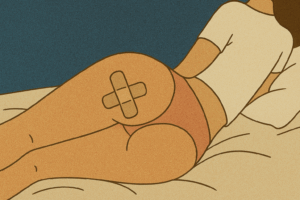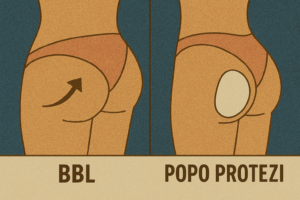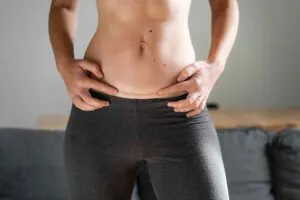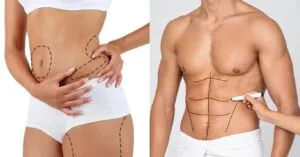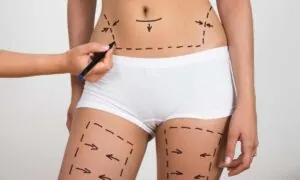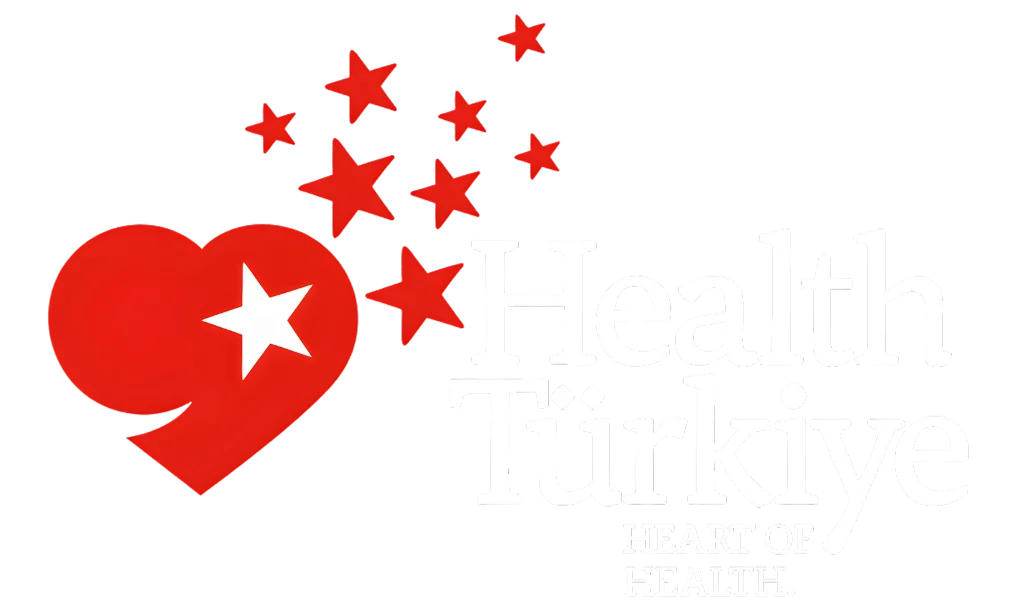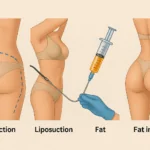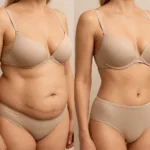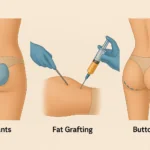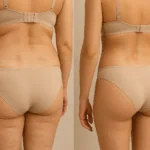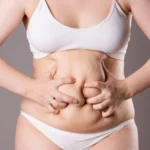Your smile is not only an expression that brightens your face, but also a reflection of your overall health and self-confidence. Healthy teeth and gums are of great importance not only for aesthetics, but also for our overall body health. Unfortunately, many of us ignore the importance of oral care or damage our teeth with improper practices. In this article, we will discuss in detail 5 important dental care tips recommended by dentists. By incorporating these tips into your daily routine, you can protect your oral health and have a bright smile.
-
Correct Tooth Brushing Technique
Brushing is the cornerstone of oral care. However, just brushing is not enough; brushing with the right technique is the most important point. So, how should the correct tooth brushing technique be?
First of all, it is important to choose a toothbrush with soft bristles. Brushes with stiff bristles can damage tooth enamel and gums. Place your toothbrush at a 45-degree angle towards your gums. This is ideal for removing plaque from the gum line.
Brushing movements should be circular and gentle. Avoid rigid, back-and-forth movements, as this can damage your gums and cause gum retraction over time. Be sure to brush each tooth for at least 10-15 seconds.
After brushing the outer surfaces of your teeth, clean the inner surfaces with the same technique. When brushing the inner surfaces of the back teeth, it may be more effective to hold the brush in a vertical position and clean it with up-down movements.
Finally, don't forget to brush the chewing surfaces of your teeth. Since the accumulation of food particles and bacteria is greater in these areas, it requires special attention.
Brush your teeth at least twice a day, preferably in the morning after breakfast and before going to bed at night. Each brushing session should last at least two minutes. Some electric toothbrushes have timers that help you keep track of this time.
Remember to replace your toothbrush every three months or earlier when the bristles wear out. A worn brush does not provide effective cleaning and can increase the number of bacteria in your mouth.
-
The Importance of Flossing
Brushing teeth is only one part of oral care. It is very important to use dental floss to Decontaminate the areas between your teeth and below the gum line. These regions are the places where the toothbrush cannot reach and plaque accumulation is most common.
The use of dental floss is neglected or incorrectly applied by many people. However, when used correctly, it is very effective in preventing dental caries and gum diseases.
When flossing, take a piece about 45 cm long. Wrap the rope around your middle fingers and control it with your thumbs and index fingers. Gently insert the string between the teeth and move it up and down along the tooth surface. Dec. Do not forget to use a clean section for each tooth. Jul.
Be careful not to damage your gums while flossing. If you use it too hard, your gums may bleed or be damaged. If there is constant bleeding during flossing, this may be a symptom of gum disease and you should consult a dentist.
Geleneksel diş ipinin yanı sıra, diş ipi çubukları veya su flosserlar gibi alternatif interdental temizlik araçları da mevcuttur. Bunlar, özellikle el becerisi kısıtlı olan veya ortodontik apareyler kullanan kişiler için daha kullanışlı olabilir.
Incorporating flossing into your daily routine may seem difficult at first, but it will become a habit over time. Aim to floss at least once a day, preferably at night before going to bed.
-
The Effect of Proper Nutrition on Oral Health
Oral health is not limited to just brushing and flossing. Our eating habits also directly affect the health of our teeth and gums.
Sugary and acidic foods are the biggest enemy of dental caries. Sugar is used by bacteria in our mouth to produce acid, and this acid erodes tooth enamel. Therefore, it is important to limit sugary foods and beverages. If you are consuming it, it will be useful to rinse your mouth with water immediately afterwards or brush your teeth.
Acidic drinks, especially carbonated drinks and fruit juices, can directly erode tooth enamel. Using a straw when consuming such drinks can reduce the contact of the drink with the teeth.
On the other hand, some nutrients are quite beneficial for dental health. Calcium-rich dairy products strengthen tooth enamel. Raw vegetables and fruits create a natural tooth cleaning effect during chewing and increase saliva production. Saliva is the natural defense mechanism in our mouth and neutralizes acids.
Green tea contains antioxidants that fight against oral bacteria. Drinking one or two cups of green tea a day can contribute to your oral health.
Drinking water is also very important for oral health. Water cleans the mouth, removes bacteria and promotes saliva production. Make sure to drink enough water throughout the day.
-
Regular Dentist Visits
No matter how important our personal efforts are in oral care, regular dental checkups are indispensable. Many dental and gum problems may not cause symptoms at an early stage and can only be detected by a specialist.
In general, a dentist check-up is recommended every six months. However, for some people (for example, those at high risk of gum disease or those with a weak immune system), more frequent check-ups may be required.
During regular check-ups, your dentist:
- He will have a thorough oral examination
- He will take an X-ray if necessary
- It will clean the dental calculi
- Identify existing or potential problems
- He will give you specific advice on oral care
Thanks to these controls, small problems can be detected and treated without growing. For example, a bruise detected at an early stage can be treated with a simple filling, while if neglected, it may require root canal treatment or tooth extraction.
In addition, your dentist may offer you specific oral care recommendations. For example, if you have a habit of clenching or grinding your teeth, he may recommend a night plaque or recommend a special toothpaste for sensitive teeth.
Being afraid or postponing dentist visits is a common condition. However, modern dental techniques have made many procedures almost painless. Do not hesitate to share your fears with your dentist; he will develop an appropriate approach for you.
-
Avoiding Harmful Habits
As well as what needs to be done to protect our oral health, habits that should be avoided are also important. Here are some habits that can damage your teeth and how you can avoid them:
Smoking: Smoking is a serious threat not only to your overall health, but also to your oral health. Smoking:
- It leads to gum diseases
- Causes staining on the teeth
- Causes bad breath
- Prepares the ground for oral cancers
Quitting smoking is one of the best things you can do for your oral health. If you are having difficulty in the process of quitting, do not hesitate to seek professional help.
Excessive Alcohol Consumption: Excessive alcohol consumption causes dry mouth. This can increase tooth decay and gum disease. In addition, alcohol consumption also increases the risk of oral cancer. If you consume alcohol, try to keep it limited and do not forget to drink water after each alcoholic drink.
Chewing on Hard Objects: Chewing on hard objects such as ice cubes, nuts, or pencils can damage your teeth. This habit can lead to abrasion of the tooth enamel, even cracking or breaking of the teeth.
Teeth Grinding and Clenching: This habit, which is usually related to stress, can cause wear and tear of your teeth, jaw aches and headaches. If you are experiencing this problem, consult your dentist. He may suggest a special record that you can use at night.
Sugar Gummies: Sugar-free gummies can be beneficial to oral health by increasing saliva production, but sugar gummies have the opposite effect. Sugary gummies increase the risk of cavities by constantly exposing your teeth to sugar.
Using Teeth as a Brush: Sometimes we use our teeth to open something in our hands or tear something off. This habit can cause serious damage to your teeth. Always make sure to use the appropriate tools.
Dişleri Fırça Olarak Kullanmak: Bazen elimizde bir şey açmak veya bir şeyi koparmak için dişlerimizi kullanırız. Bu alışkanlık, dişlerinize ciddi zarar verebilir. Her zaman uygun aletleri kullanmaya özen gösterin.
Conclusion
Oral health is an integral part of our overall health. Proper tooth brushing technique, regular flossing, healthy eating habits, regular dentist visits and avoiding harmful habits are the main strategies we can apply to protect our oral health.
Incorporating these tips into your daily routine may require some effort at first. But over time, these habits will become automatic and you will see the benefits that a healthy mouth brings.


